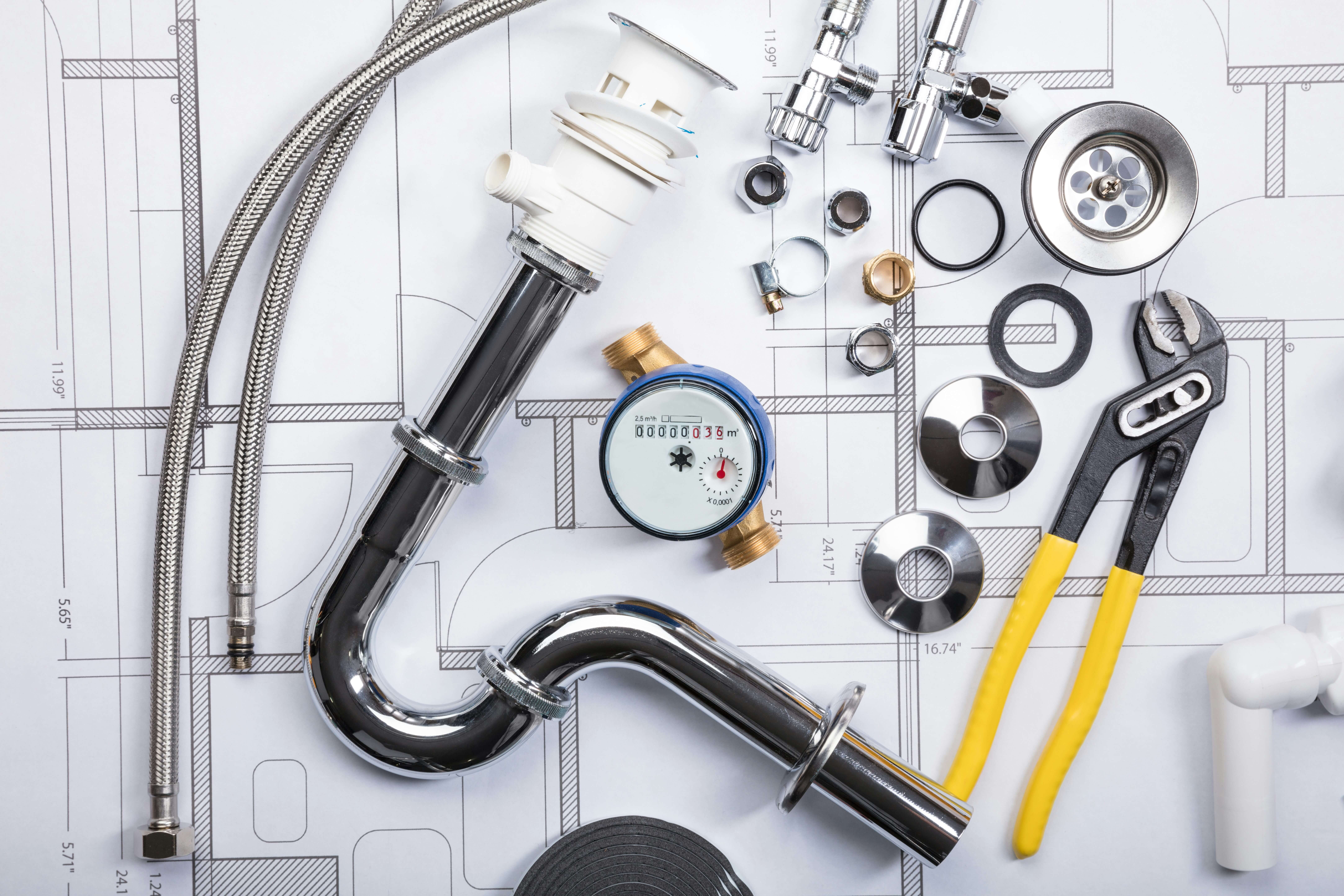
Suppose you own a precision machining or metal fabrication business. In that case, operational efficiency isn’t just about cutting costs—it’s about positioning yourself for long-term success and maximizing your valuation when the time comes. At League Park, we’ve recently advised companies like EMT Metals, SOSS, Acterra, and Solar Flex Rack on the sale of their companies, and we’ve seen firsthand how efficiency improvements translate into stronger financial performance, increased buyer interest, and higher sale prices.
As investment bankers specializing in manufacturing M&A, we know that buyers don’t just look at revenue. They evaluate how well a company runs—its ability to scale, manage costs, and maintain profitability. This article shares insights from real deal experience to help business owners take practical steps toward a more valuable operation.
Why Efficiency Drives Business Value
When buyers evaluate a company, they aren’t just looking at revenue. They’re assessing its ability to generate consistent profits, scale efficiently, and mitigate risks. Businesses that demonstrate operational discipline tend to command better deal terms. Key drivers of valuation include:
- Stronger Profit Margins – A well-run operation maintains better cost controls and produces predictable earnings.
- Scalability – Companies that optimize workflow and minimize waste can grow with less capital investment.
- Lower Operational Risk – Businesses that have streamlined their processes are more resilient to supply chain disruptions, labor shortages, and market fluctuations.
Efficiency is a competitive advantage in the M&A market, often translating into higher valuation multiples and more favorable deal structures.
Key Operational Improvements That Increase Value
Improving efficiency isn’t just an internal win—it’s something buyers notice. Here’s what makes a difference in a transaction:
Implementing Lean Manufacturing
Lean manufacturing principles help businesses reduce waste, improve production speed, and maximize output. Effective strategies include:
- Value Stream Mapping: Identify process bottlenecks and eliminate inefficiencies in machining, welding, and assembly.
- Kaizen (Continuous Improvement): Foster a culture where teams refine processes over time, improving quality and reducing rework.
- Just-In-Time (JIT) Production: Minimize excess inventory and optimize material flow to enhance cash flow and working capital.
These strategies create a business model that is not only more profitable but also more attractive to investors and acquirers.
Leveraging Technology for Smarter Operations
Manufacturers that embrace automation and data-driven decision-making position themselves for greater success. Key areas for improvement include:
- CNC Automation: Investing in multi-axis CNC machines and robotic loading systems can increase throughput and improve precision while reducing labor costs.
- IoT and Machine Monitoring: Real-time tracking of equipment utilization helps reduce downtime and extend tool life.
- ERP and Data Analytics: Centralized software improves quoting accuracy, scheduling, and inventory management, making operations more predictable and scalable.
Companies that modernize their operations with these tools send a strong signal to buyers that they are future-ready and built for sustained profitability.
Strengthening Financial Transparency and Reporting
Operational efficiency is only as good as the data that proves it. Buyers expect clear financial records that highlight cost management and profitability. To enhance credibility:
- Track Profitability by Job: Demonstrating margin consistency on different projects reassures buyers about financial stability.
- Maintain Accurate Inventory and Waste Records: A business that tightly controls material costs is more attractive to an investor.
- Standardize Financial Reporting: Clean, consistent financials speed up due diligence and can improve deal terms.
Conclusion
Operational efficiency isn’t just about running a tighter shop—it’s about building a business that buyers want to own. Companies that take steps to optimize their operations tend to attract more interest and command better valuations when they go to market. Whether you’re actively considering a sale or just looking to strengthen your business for the future, these improvements can make a significant difference.
At League Park, we specialize in advising on the sale of manufacturing companies and maximizing their value. If you’re wondering how operational improvements could impact your valuation or are curious about what your company might be worth in today’s market, we’d be happy to discuss it with you.




